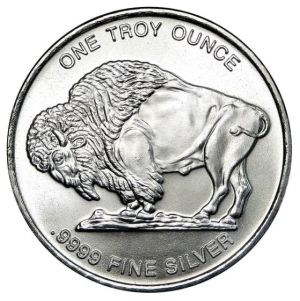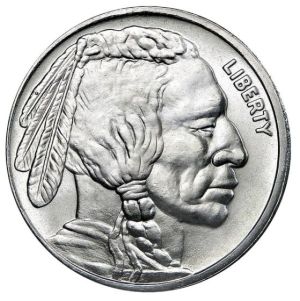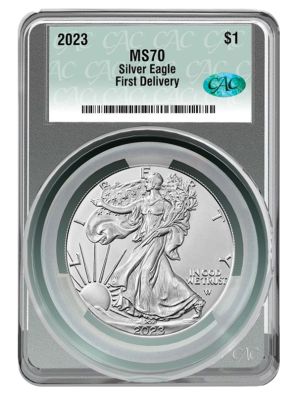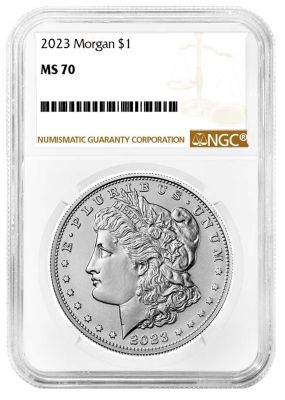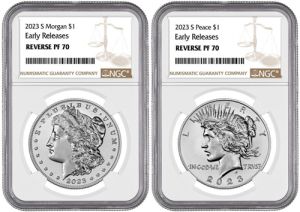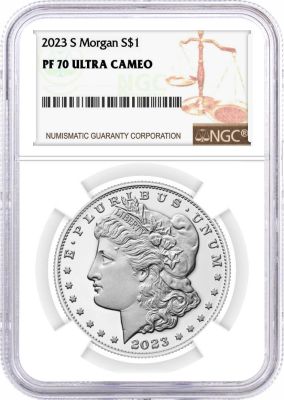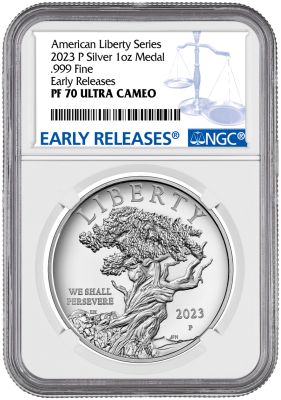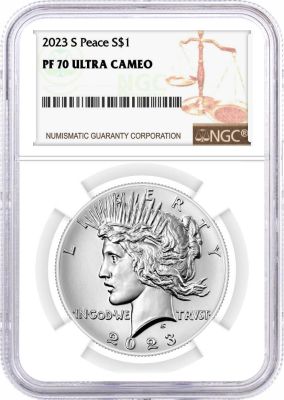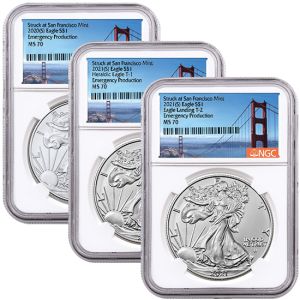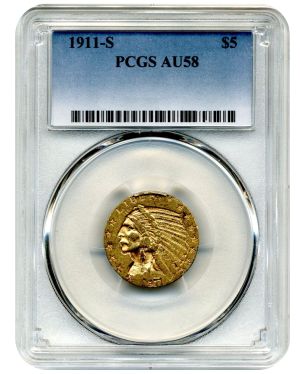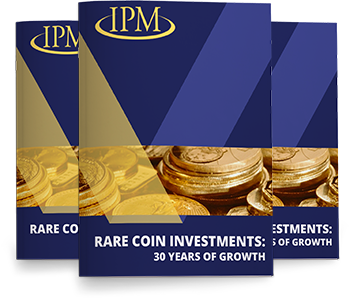Top Tips for How Should I Preserve Coins

Top Tips for How Should I Preserve Coins
Investing in coins made from precious metals like gold, silver, and platinum is a financially sound choice. History has shown over and over again that precious metals, especially gold, increase in value and have better returns than almost any other investment. Today, many investors are expanding the number of precious metal coins they own to build and protect their wealth. That begs the question, "How should I preserve coins that I'm collecting?" It's an important one, no doubt, as the better condition a coin is in, the better return on your investment dollar it will bring.
To help you decide which coin preservation method is right for your coins, we've put together a shortlist of tips and advice. Top Tips for How Should I Preserve Coins has the best, so when it's time to protect your investment, you'll be prepared. If preserving your precious coins is your goal, read on to find out how!
1- Precious Metal Coins are Durable But can Be Damaged
Gold, silver, platinum, and other precious metal coins are, by nature, quite durable. You could store them in a drawer and, in 100 years, they'd probably still be just fine. That being said, the quality of any coin will increase the better it has been preserved and stored. For that reason, protecting your coins from the following is highly recommended:
- Humidity. The biggest enemy of a coin's surface, humidity can be very damaging, especially if it is made from silver.
- Acids from Several Different Sources. Standard paper and cardboard have acids that can tone and tarnish your coins. Solid wood furniture has it also, as well as household cleaning solutions and some other materials. Human skin also contains acids, as we'll see in a moment.
- Air Pollution. Although mostly a problem in dense, urban areas, air portion is quite harmful to coins.

- Chlorine. PVC, or polyvinyl chloride, is the type of plastic that contains chlorine. Chlorine can cause a chemical reaction that can cause pits in the surface of your coins. That's why storing coins in plastic containers is a no-no.
- Excessive Handling. As you mentioned earlier, human skin also contains acids that can damage the surface of coins. Also, if they're dropped onto a hard surface, it can cause damage that can significantly lower the value of your coins.
2- Coins Can Be Stored At Home or In a Safe Deposit Box
Where you store your coins is an argument that is always up for debate. Some coin investors believe that they can be safely stored at home, while others believe a bank is the safest choice. (After all, they do have much better security features in place than most houses.) With that in mind, below are the best locations to store your coins for maximun=m safety and protection.
- A Safe Deposit Box at your Local Bank. Most experts agree that a safe deposit box is the safest place to store your coins, especially those most valuable. That being said, a safe deposit box is also an added expense. Also, moisture can be a problem in a safe deposit box. For that reason, it's recommended that you put one or two silica gel packs in your safe deposit box to absorb excess moisture.
- A Home Safe. If you are lucky enough to have a safe in your home, that's also an excellent choice for storing your coins. It's more economical than keeping them in a safe deposit box. As with a box, though, you should place one or two silica gel packs in your home safe to absorb moisture.
- A Metal Cabinet (NOT Wood). We mentioned earlier that solid wood like cabinets, dressers, and so forth gives off acid that can damage your coins. For that reason, storing them in a metal cabinet is best. Purchasing a metal cabinet with a lock is an even better choice. As with the other options, placing one or two silicone gel packs inside with your coins is recommended.
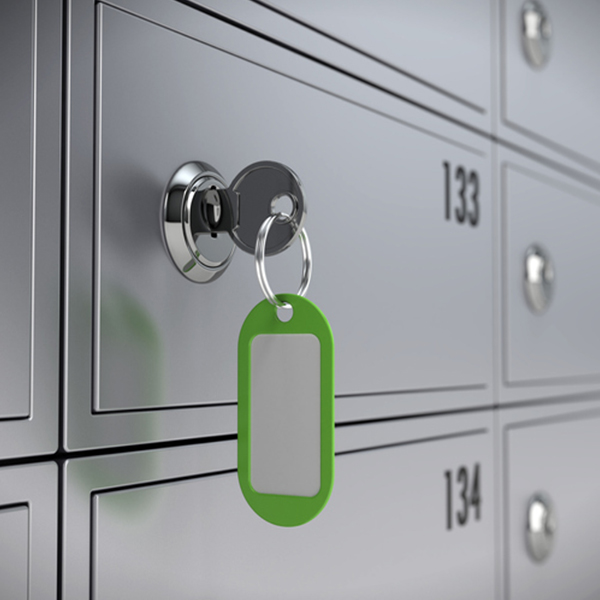
3- What Products Can Be Used To Preserve Coins?
There are, to be sure, a wide variety of storage supplies explicitly made for protecting coins. I'll have their advantages and disadvantages but are far better than nothing at all. What most have in common is that they're made from materials that don't give off acids. Also, materials that reduce humidity and protect the all-important head and tail of the coin. They include:
- Slabs. Considered to be the most secure storage option for individual coins, slabs are durable plastic holders with a PVC free plastic insert. Once the coin is inside, the slab is sonically sealed to be airtight.
- Coin Albums. Another method of preserving precious coins that are recommended or coin albums. Similar to a photo album, coin albums have multiple pages with individual slots for each coin. Some can hold up to 100 at a time, although they do get quite heavy. Nevertheless, they are an excellent option for storing and preserving multiple coins.
- Two-by-Twos. These basic but popular coin holders are named for their size, which is 2 inches by 2 inches. (They do come in various other sizes, though.) They are straightforward to use; simply fold the 2-inch cardboard square over your coin so that it's centered in the cellophane viewing circle. Then, staple the 2 x 2 shut. That's all there is to it. However, keep in mind that you need to protect your coin from the staples if you remove it from the coin holder in the future.
- Flips. Inexpensive and easy to use, flips are similar to two-by-twos but more fragile. Most contain PVC also, which, as we know, can damage coins. Yes, you can find them without PVC, but it's difficult. Most experts recommend using flips for temporary coin storage only.
- Coin Folders. Possibly the most expensive coin preserving option, folders or sheets of cardboard with slots to hold your coins. However, they do have several drawbacks, including the fact that only one side of the coin is seen. Also, they do you little to protect your coins from air and humidity. Folders are not recommended for the most valuable coins for these reasons.
We hope that the tips and information given above are beneficial and give you the information you need to make the right choice for your coins. As a valuable part of your investment portfolio, protecting your coins is vitally important and will further preserve their value. If you have questions or would like advice, please leave your name and contact information below, and a friendly representative will get back to you within 24 hours.


